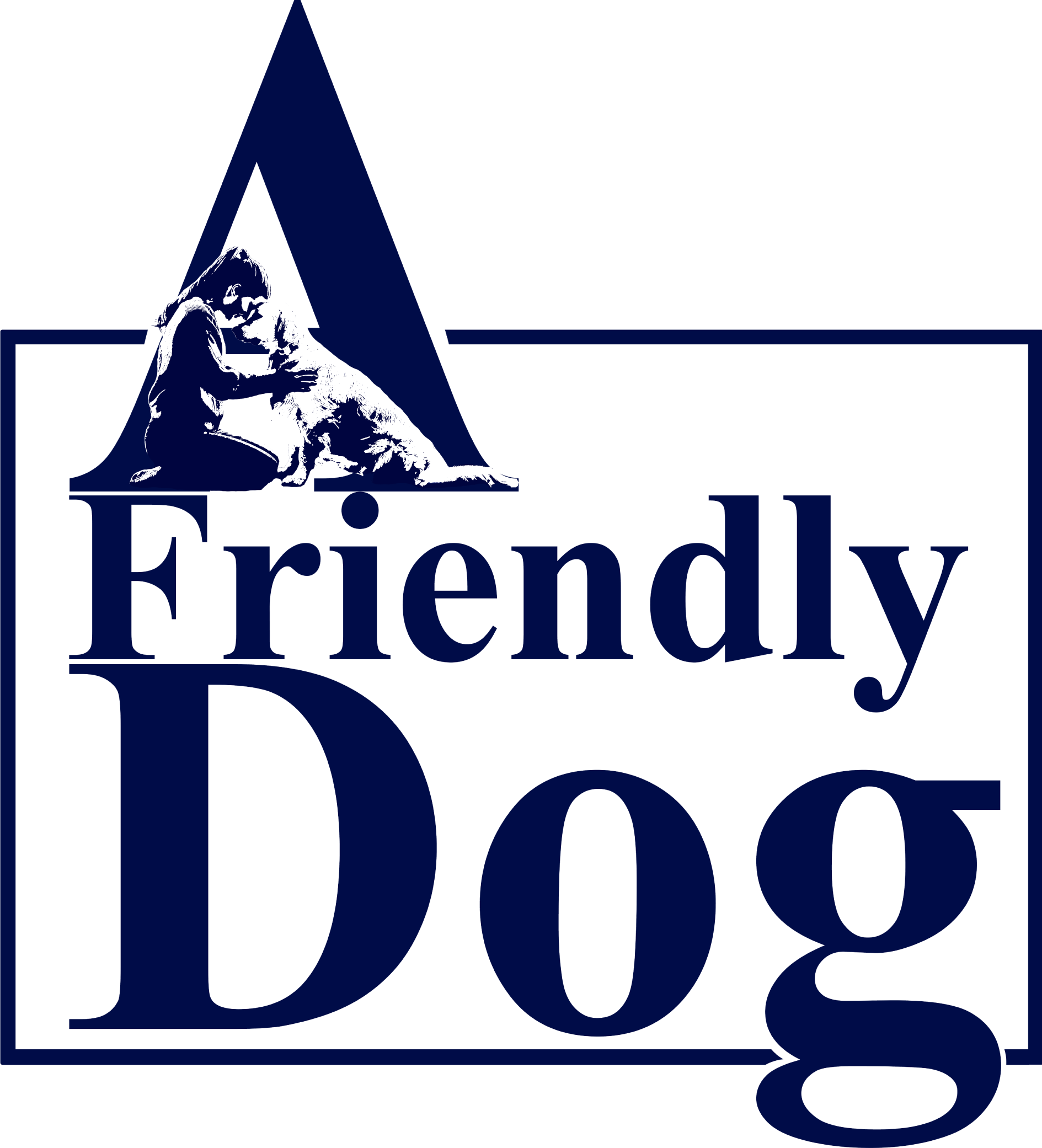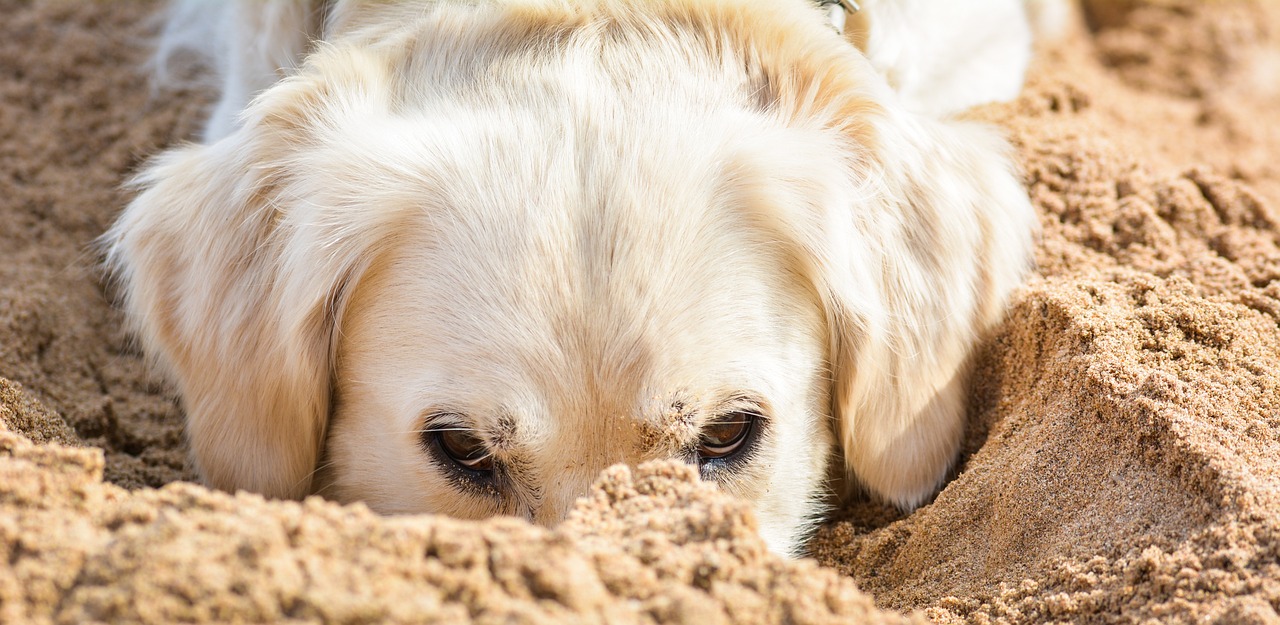Dogs may refuse to eat their dinner if they know that you have opened a new bag of treats or if you are cooking chicken. Some dogs prefer to eat only when other pets or people are around, as they are social eaters. To ensure that your dog eats consistently, stick to a regular feeding schedule.
There are even more various reasons why your dog may stop eating. If you have moved or are traveling with your dog, they may experience stress and motion sickness, which can affect their appetite. Your veterinarian can prescribe medication to alleviate these symptoms.
Indulging in too many treats or eating rich foods can cause an upset stomach, leading to nausea and loss of appetite. Constipation can also cause a decrease in appetite. If your dog shows signs of a painful belly, vomiting, or diarrhea, take them to the vet immediately. Intestinal worms are another common health issue that can cause a lack of appetite in dogs. If your dog has a bloated abdomen, weakness, and lethargy, they may have a worm infestation. Take them to the vet to diagnose the particular parasite involved and for effective treatment.
Dogs can experience depression just like humans do. Symptoms may include lethargy, mood swings, and loss of appetite. Depression in dogs can be triggered by various events such as the loss of a family member or moving to a new home. It can also be caused by a chemical imbalance. Fortunately, there are treatment options available to help your furry friend regain their energy and happiness.
Keeping a food journal for your dog can be helpful in identifying any potential problems early on. Record what and how much your dog eats each day, as well as any symptoms they may be experiencing. This way, you can respond quickly if any issues arise.
If your dog has a habit of rummaging through the garbage, they may develop a condition known as “garbage gut.” This can range from mild vomiting to a serious poisoning incident or even a fatal intestinal blockage. If your dog stops eating after a late-night garbage raid, it’s best to contact your veterinarian. This will ensure that your loyal companion has not ingested anything that could have harmful effects.

